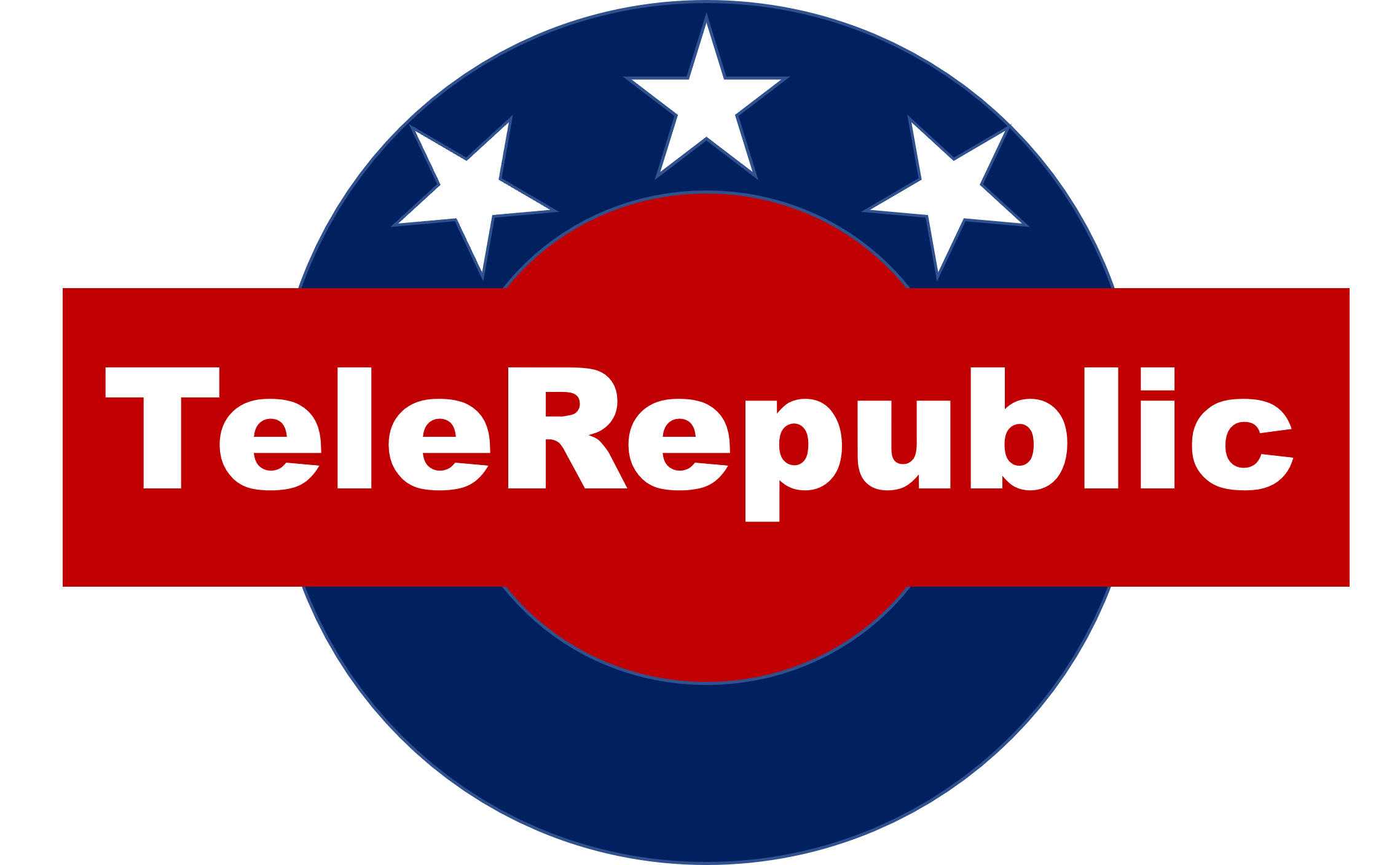Introduction
The administration of Bola Tinubu has faced mounting criticism for its economic policies, which have been accused of crippling Nigerian businesses and exacerbating the country’s economic woes. According to the Nigeria Employers’ Consultative Association (NECA), the Manufacturers Association of Nigeria (MAN), and the Nigerian Association of Chambers of Commerce, Industry, Mines, and Agriculture (NACCIMA), these policies have resulted in significant economic hardship for businesses and citizens alike.
Economic Policies and Their Consequences
Inconsistent Policy Implementation
One of the most significant criticisms of Tinubu’s administration is its inconsistent policy implementation. Businesses thrive on stability and predictability, and the frequent changes in economic policies have created an environment of uncertainty. This unpredictability has led to decreased investments, as investors are wary of the fluctuating regulations that could affect their returns.
Foreign Exchange Crisis
The administration’s handling of the foreign exchange market has been particularly disastrous. The continued depreciation of the Naira against major currencies has led to increased costs for imported goods and raw materials. This has severely impacted manufacturing and other sectors reliant on imports. Despite promises to stabilize the currency, the government’s actions have failed to inspire confidence, resulting in a worsening forex crisis.
Inflation and Cost of Living
Under Tinubu’s leadership, inflation has soared to unprecedented levels. Basic commodities have become unaffordable for many Nigerians, leading to widespread economic hardship. The rising cost of living has not been matched by wage increases, resulting in decreased purchasing power and an overall decline in the standard of living.
Policy on Fuel Subsidy Removal
The removal of fuel subsidies, while intended to reduce government expenditure, has had devastating effects on the economy. The resultant spike in fuel prices has led to increased transportation and production costs, which have been passed on to consumers. This policy has been widely criticized for disproportionately affecting the poor and exacerbating poverty levels in the country.
The Impact on Nigerian Businesses
Decline in Manufacturing
The manufacturing sector, which is a significant contributor to Nigeria’s GDP, has been hit hard by Tinubu’s policies. According to MAN, the sector has seen a decline in output due to increased production costs and difficulty accessing foreign exchange. This decline has led to job losses and reduced economic output, further compounding the country’s economic challenges.
Small and Medium Enterprises (SMEs) Struggle
SMEs, which are the backbone of the Nigerian economy, have been particularly affected. NECA reports that many SMEs have been forced to shut down due to the harsh economic environment. The lack of access to affordable credit and the high cost of doing business have made it nearly impossible for these enterprises to survive.
Increased Unemployment
The rising unemployment rate is another glaring failure of Tinubu’s administration. With businesses closing down and production slowing, many Nigerians have found themselves without jobs. The government’s inability to create a conducive environment for job creation has led to increased poverty and social unrest.
Data and Metrics Highlighting the Crisis
Economic Indicators
The following economic indicators underscore the severity of the crisis under Tinubu’s administration:
- Inflation Rate: The inflation rate has consistently been in double digits, peaking at 22% in recent months.
- Unemployment Rate: The unemployment rate has surged to over 33%, one of the highest in the world.
- Exchange Rate: The Naira has depreciated by over 40% against the US Dollar since Tinubu took office.
- GDP Growth: GDP growth has stagnated, with the economy growing at a sluggish rate of 1.9% in the last quarter.
Quotes from Industry Leaders
Industry leaders have not minced words in their criticism of the administration’s policies.
- NECA’s Director-General, Timothy Olawale, stated, “The current economic policies are a death knell for Nigerian businesses. We need a complete overhaul of the economic strategy if we are to save our economy from collapse.”
- MAN President, Mansur Ahmed, noted, “The manufacturing sector is on its knees. The high cost of production and the lack of access to foreign exchange are killing our businesses.”
- NACCIMA President, John Udeagbala, emphasized, “The business community is struggling to survive in this harsh economic climate. The government needs to take immediate action to address these issues.”
Broader Economic and Human Impact
Worsening Poverty Levels
The economic policies have had a profound impact on poverty levels in Nigeria. According to the World Bank, over 40% of Nigerians live below the poverty line, and this number is expected to rise if current trends continue. The removal of fuel subsidies and the resultant increase in living costs have pushed more Nigerians into poverty.
Social Unrest and Insecurity
The economic hardship has led to increased social unrest and insecurity. With rising unemployment and poverty, crime rates have surged, and there have been numerous reports of protests and strikes. The government’s inability to address these issues has led to a loss of confidence among the populace.
Brain Drain
The dire economic situation has also led to a significant brain drain, with many skilled Nigerians seeking opportunities abroad. This exodus of talent is detrimental to the country’s long-term development prospects, as it deprives the economy of much-needed skills and expertise.
Conclusion
The economic policies of Tinubu’s administration have been a colossal failure, leading to widespread economic hardship for businesses and citizens alike. The inconsistent policy implementation, forex crisis, soaring inflation, and ill-advised fuel subsidy removal have created an environment of uncertainty and instability.
The impact on Nigerian businesses has been devastating, with many shutting down and others struggling to survive. The broader economic and human impact, including worsening poverty levels, increased social unrest, and a significant brain drain, underscores the urgent need for a change in direction.
For Nigeria to recover and thrive, there must be a complete overhaul of the current economic policies. The government must prioritize stability, create a conducive environment for businesses, and implement policies that promote sustainable economic growth. Only then can Nigeria hope to overcome its current challenges and achieve its full potential.




